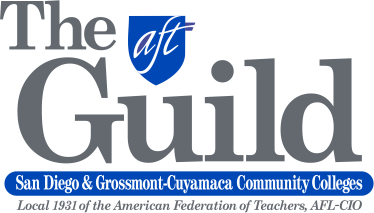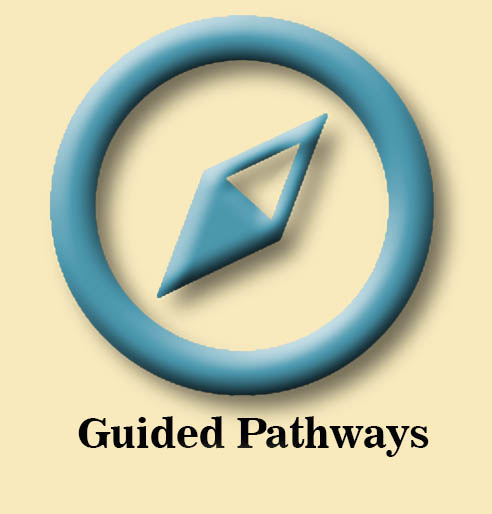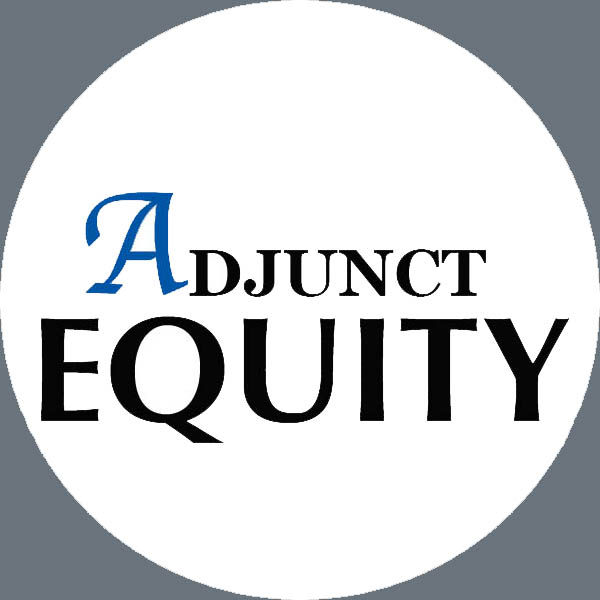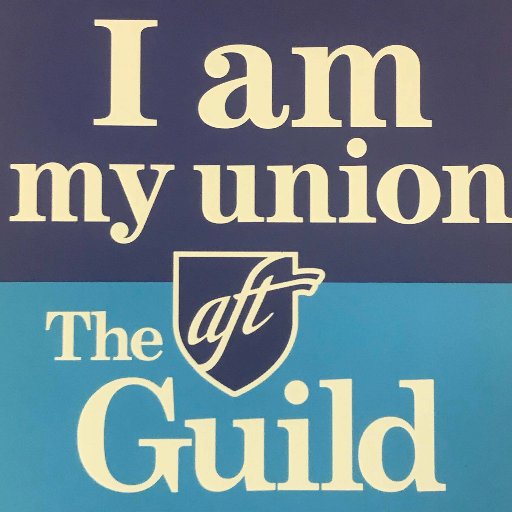Work had just started on the Fall 2020 schedule in the SDCCD when school secretaries were sent home because of the coronavirus. Faculty were busy making their way through their course materials when the call came to go into remote teaching mode. Our districts’ health services employees and counseling staffs had to figure out how best to serve students online. The libraries and tutoring centers committed to supporting students virtually in a matter of days. IT and Distance Education workers were on constant call as we all made the transition to work from home. And our facilities and maintenance and operations folks went into overdrive disinfecting and securing our buildings and campus spaces for what may prove to be a long shutdown.
These are just some snapshots of the incredible amount of labor our AFT 1931 members in the San Diego Community College and Grossmont-Cuyamaca Community College Districts had to accomplish to move our operations into a remote environment. Without much of a hiccup, our members went above and beyond to ensure a stable and relatively seamless transition to remote learning for our students. It’s beyond moving to consider how many of us, facing our own fears of COVID-19 and the building economic collapse, stepped up to create safe and supportive environments for our students and our colleagues.
Education work is social. Whatever jobs we do in our districts, we do them because we love the school environment, the relationships we have with our colleagues, and our students. In addition to the mind-boggling logistics of everyone having to start working from home and in a remote, online format, we’ve lost our social context, our connections with one another. And yet, our members have soldiered on despite the new conditions—checking in with one another, linking students up to services, laptops, counseling, food, mental health services and making sure they have the right weblinks and phone numbers, continuing to run our programs and attend meetings, spending hours upon hours on Zoom, treating one another with care and respect as best we can—in short, continuing to do our jobs in the most challenging of circumstances.
Our part-time colleagues have been especially hard-hit. Adjunct faculty have reinvented their classes in remote environments for multiple campuses, often juggling different platforms and expectations with grace and patience. They’ve stayed connected to their students and worked hard to not leave anyone behind despite an uncertain future for themselves with future budget cuts looming.
Perhaps some of the most important work that so many of us have done has not been part of our “official” duties but going the extra mile for students. It’s folks helping students get access to laptops, going to extra meetings to problem solve, or plan. Or, even more importantly, many of us have been spending extra time with students in distress over their finances, immigration status, food and housing insecurity, or struggling with depression and/or the other mental health issues that have emerged during the crisis. What we have found is that our colleges are not just crucial because of the educational opportunities they offer, but also because they are lifelines for students in a multitude of ways.
It’s important to recognize this work and to honor the myriad ways our members pitched in to ensure a humane transition to the new not-so-normal we find ourselves in. As I sit at my kitchen table Zooming with my students, I am reminded that all over San Diego, my fellow faculty and staff colleagues are laboring away as best they can. So I send a shout-out to all of them and an acknowledgement of the astonishing amount of work this transition has required of us. It’s not what we signed on for, but we are dedicated professionals who get the job done.
We will continue to do so—and more.
As our union sister and AFT Local 2121 President Jenny Worley from CCSF put it in a recent opinion piece she co-authored with Shannel Williams, the President of their Board of Trustees:
Community colleges must be put front and center in any recovery plans. And just as San Francisco and California did in our response to the COVID-19 crisis, States and municipalities must not wait for the federal government to act; we must work quickly to fund our community colleges to help California recover from this crisis.
We believe that California has what it takes to recover from this recession in a way that builds equity, addresses long standing poverty, and helps ordinary people find their footing again. Community colleges do this during boom times and bust. We are ready to be part of a New Deal for California.
Thus, we stand ready not just to survive this economic and public health crisis but to provide California with the tools we need to come back stronger than we were before the pandemic hit. We don’t need to get back to “normal,” we need to build a better California out of the ashes of the old.
By Kelly Mayhew, AFT 1931 VP






0 Comments